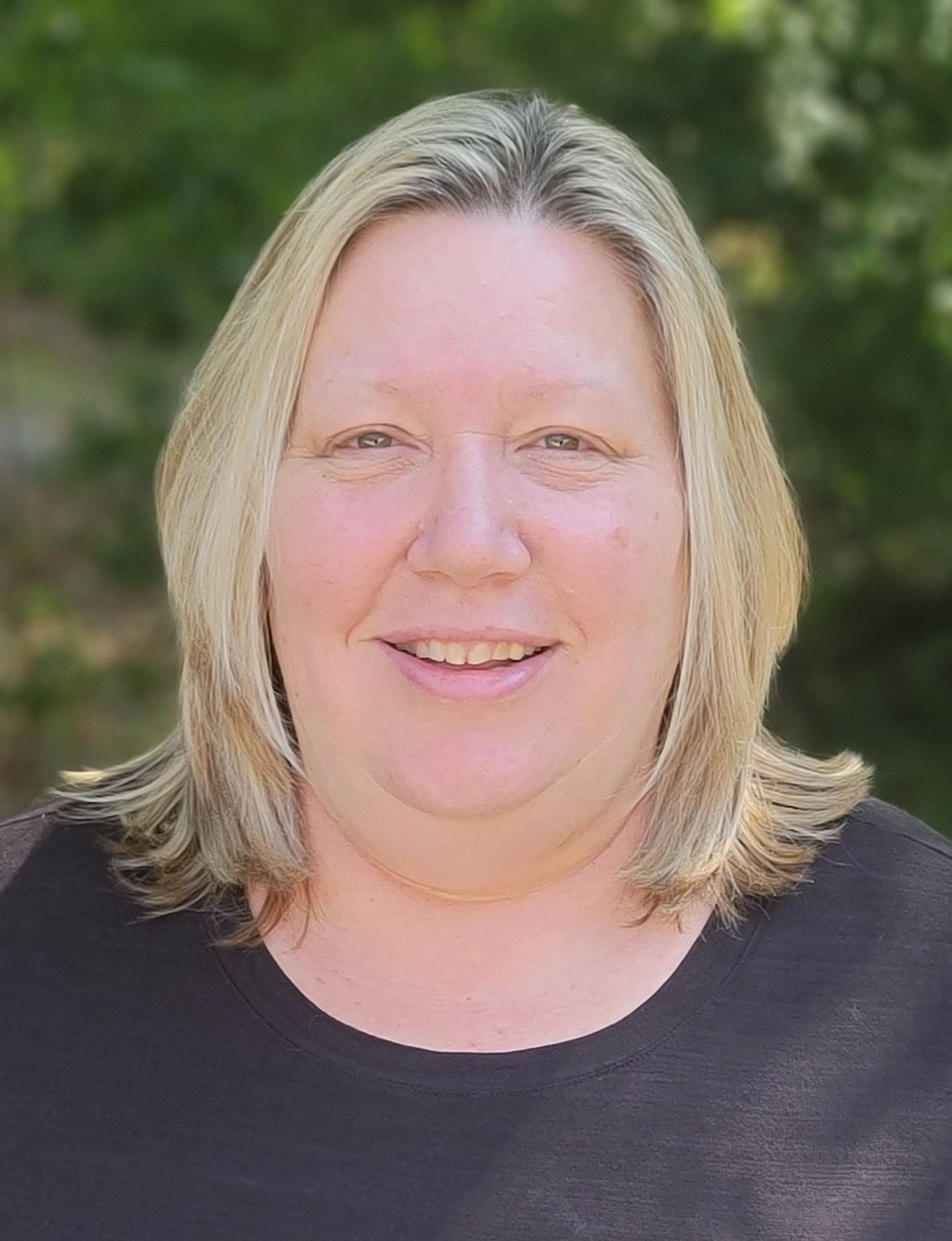
Children’s Therapy
Children’s Counseling in Suwanee, GA
Helping Kids with Anxiety, ADHD & Life’s Challenges
Watching your child struggle with emotions, anxiety, or focus issues can feel heartbreaking. You want to help, but you may not know where to start. If your child is having trouble with big feelings, school challenges, or sudden changes in behavior, counseling can provide the support they need to thrive.
At Paraclete Counseling Center, we offer child therapy services for families in Suwanee, Alpharetta, Johns Creek, Duluth, Buford, and surrounding areas in North Metro Atlanta, including Cumming, Peachtree Corners, and Sugar Hill. Our skilled therapists work with children facing challenges like anxiety, ADHD, school-related stress, and emotional struggles to help them develop healthy coping skills and build confidence.
Does My Child Need Counseling?
Children may struggle with big emotions and experiences in ways that can be hard to understand. If your child seems overwhelmed or distant, counseling can help. Children often express their feelings through behavior, such as meltdowns, sleep disturbances, or physical complaints like tummy aches, rather than directly talking about their emotions.
If your child is experiencing any of the following, it might be a sign they could benefit from professional support:
Increased anxiety or stress
Withdrawal from friends, family, or activities
Frequent outbursts or irritability
Difficulty adjusting to school or other big life changes (e.g., moving, divorce, loss of a loved one)
Struggling to manage big emotions like sadness, anger, or fear
When children don’t have the words to express what they’re feeling, it can often show up as disruptive behavior or physical symptoms. Our child counseling services in Suwanee, GA, and the surrounding areas provide a safe space for your child to learn how to express their feelings and develop coping strategies.
Why Consider Counseling for Your Child?
When kids go through life changes like a move, the loss of a loved one, or challenges at school, their emotional world can feel overwhelming. Therapy provides an opportunity to process those emotions in a healthy, productive way. Some common reasons for seeking child therapy include:
Anxiety and fear, especially related to school, social situations, or new experiences.
ADHD symptoms like trouble focusing, impulsivity, or difficulty with organization and time management.
Behavioral issues that impact home or school life, such as temper tantrums, aggression, or withdrawal.
Trauma recovery from experiences like bullying, family changes, or loss.
Helping children navigate big emotions like anger, sadness, or fear.
Therapy is a way to help your child build emotional resilience, develop self-regulation skills, and improve their ability to cope with life’s challenges. Our compassionate therapists are here to guide your child through the process. Whether you're in Forsyth, Gwinnett, or Fulton County, our therapists offer a safe, supportive space where your child can process emotions, build confidence, and develop healthy coping skills.
Does This Sound Familiar? Signs Your Child Might Need Extra Support
Mornings used to be easy, but now, getting out the door feels like a struggle. Maybe your child used to love school, but lately, they cling to you, beg to stay home, or complain of tummy aches. You’re not sure what changed, but something doesn’t feel right.
Maybe your child comes home exhausted, snapping at everyone, slamming doors, or refusing to do homework. When you ask what’s wrong, they just shrug or say, "I don’t know."
Some nights, they crawl into your bed, scared of bad dreams, or complain of stomachaches before big events. Other times, they seem to shut down completely, spending more time alone and avoiding friends or family.
If your child is struggling, they may show signs such as:
Emotional Signs:
Excessive sadness, anxiety, or worry
Low self-esteem or loss of confidence
Making alarming statements like, “No one would care if I ran away”
Behavioral Signs:
Frequent anger outbursts or aggressive behavior
Withdrawing from family, friends, or favorite activities
Difficulty handling transitions or change
Physical & Academic Signs:
Unexplained headaches, stomachaches, or fatigue
Declining grades or lack of motivation in school
Refusing to go to school
If you’re seeing any of these signs in your child, it may be time to reach out for professional counseling. Our child therapists can work with your child to help them express their feelings, manage stress, and improve their overall well-being.
How We Can Help Your Child
Our trained therapists take a personalized approach to child therapy. We begin with a comprehensive assessment, meeting with parents to understand the concerns and gather a complete history. Using age-appropriate therapeutic techniques such as play therapy, sand tray therapy, and expressive activities, we create a customized treatment plan tailored to your child’s needs.
You’re an important part of your child’s healing journey. That’s why we work closely with you—providing updates, tools, and strategies you can use at home to reinforce their progress. We want to empower you to support your child every step of the way.
Our Children’s Therapists at Paraclete Counseling Center

Kami works with children ages 2 and up. She uses a variety of play-based and creative approaches to help kids express themselves and work through challenges like anxiety, school struggles, trauma, and more in a fun, engaging way.
View Full Bio →
Charlotte works with children ages 5 and up. She incorporates Play Therapy, Sand Tray Therapy, and bibliotherapy, creating a safe and expressive environment where kids can explore their emotions and experiences through creative activities, helping them build emotional regulation and resilience.
View Full Bio →
Lisa works with children ages 6 and up. She helps children overcome challenges such as ADHD, depression, anxiety, anger, and school-related issues, while guiding parents through effective strategies for support and growth.
View Full Bio →Children’s Therapy: Frequently Asked Questions (FAQs)
-
We encourage you to have an honest discussion with your child prior to bringing your child to counseling. Listen to your child’s concerns. Tell your child that you have found someone who is good at helping kids and families with the type of struggle he is having. Let him know that the counselor is on his side. You may also discuss with your child that coming to counseling is like seeing a medical doctor but focuses on feelings and behaviors not on the physical body. You can make counseling more pleasant by pairing it with a pleasant activity such as dinner out afterward or having time alone with a parent.
-
1️⃣ Meeting the Therapist Together
At the start of the session, you and your child will meet the therapist in a warm, welcoming space. This helps your child feel comfortable and safe.2️⃣ Sharing Your Concerns
The therapist will ask about your child’s behaviors, emotions, and any specific challenges they’re facing. Parents are encouraged to share observations, past experiences, and any concerns they have.3️⃣ Explaining the Therapy Process
The therapist will walk you through how sessions work, what approaches they may use (like play therapy or talk therapy), and what to expect moving forward. You’ll also have a chance to ask any questions.4️⃣ Getting to Know Your Child
Depending on your child’s age and comfort level, the therapist may spend time talking or engaging in activities (such as drawing or playing) to help them open up in a natural way.5️⃣ Creating an Initial Treatment Plan
Based on what’s shared in the session, the therapist will outline next steps, including therapy goals and strategies to support your child’s emotional well-being.6️⃣ Providing Parent Guidance
Before you leave, the therapist will offer initial insights and tips on how you can support your child at home between sessions. -
Children’s therapy often includes a combination of play therapy, talk therapy, and creative techniques like art, games, or storytelling. This allows children to express their thoughts and feelings in a way that feels natural to them. Therapy may also involve parents or caregivers in the process to improve communication and strengthen family dynamics.
-
Yes, confidentiality is an important part of therapy. Your child needs to feel safe expressing their thoughts and feelings without fear of getting in trouble. In therapy, it’s okay to not feel okay, and kids are encouraged to share whatever is on their minds.
However, there are some limits to confidentiality. The therapist will explain to your child that what they share in therapy stays private unless:
Someone is hurting them,
They want to hurt themselves,
They want to hurt someone else, or
They give permission for the therapist to talk to a parent or guardian.
Your therapist will make sure your child understands confidentiality in an age-appropriate way and will keep you informed as needed, while also respecting your child’s sense of privacy.
-
Parental involvement is an important aspect of children’s therapy. Parents may be asked to participate in sessions or provide feedback on their child’s progress. This helps create a strong support system at home. Your child’s therapist will collaborate with you to provide strategies and tools to use outside of therapy to support your child’s progress between sessions.
-
Children’s therapy can address a wide range of emotional and behavioral concerns, including:
Anxiety
Depression
Trauma and PTSD
Behavioral problems
ADHD
Self-esteem and body image issues
School-related stress or challenges
Family conflicts (e.g., divorce, blended families)
Grief and loss
Social skills and peer relationships
Get Support for Your Child in North Metro Atlanta
If your child is facing emotional challenges, behavioral difficulties, or dealing with life transitions, they don’t have to navigate these issues alone—and neither do you. Our team of child therapists in Suwanee, Sugar Hill, Norcross, Braselton, and surrounding areas is ready to support your child’s mental health and help them build the emotional resilience they need for a brighter future.
Contact us today to learn more about our children’s counseling services and schedule an appointment. We’re here to help your child feel confident, understood, and supported.
